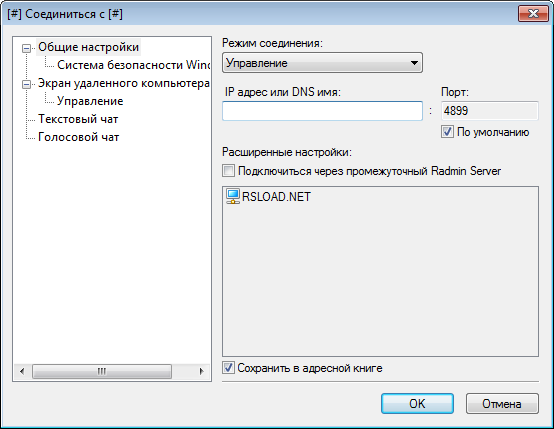


Depending on how important you were (and how many people wanted your secrets), this might necessitate in-person meetings, which is time and money you’d rather spend doing something else.īack in the 1970s, Data Encryption Standard ( DES) started catching on–businesses could now secretly communicate. The key is the secret sauce–and it needs to stay secret.īack in the days of olde, you would have a physical copy of the key (which is, in cryptography, not a physical metal key but some kind of phrase, text, long string of numbers, etc.) sent to the person you want to securely communicate with. That same algorithm and key could turn the ciphertext back into plaintext for the recipient.Ī known algorithm doesn’t sound very secret, right? The algorithm is the process that we’re putting the plaintext through. The recipe was always pretty much the same: the message (“plaintext”) is turned into an indecipherable “ciphertext” by means of putting the plaintext and a key through a known algorithm. The Problemįirst, why do we care about this? Why would we want to exchange cryptographic keys (securely, but also over a public channel)?Ĭryptography has existed for hundreds of years, allowing secrets to be passed to and from people, businesses, groups and governments.
DIFFIE HELLMAN KEY CRACKER CODE
Then, while reading The Code Book by Simon Singh, everything suddenly clicked! But… they say you don’t fully understand something until you’ve tried to teach it, so here it goes.ĭiffie–Hellman key exchange is a method of securely exchanging cryptographic keys over a public channel.

Even people who haven’t gotten too deep into cryptography have likely heard of “Diffie–Hellman.” For reasons I won’t try to explain, understanding the Diffie-Hellman key exchange always eluded me, even after watching a great presentation on it at Strange Loop a few years back. This entry was posted in Security, Ubiquiti and tagged algorithms, host key, hostkeyalgorithms, kexalgorithms, key exchange, ssh, ssh-rsa by admin. ssh -o KexAlgorithms=+diffie-hellman-group14-sha1 -o HostKeyAlgorithms=+ssh-rsa have covered some of these topics before. ssh -o HostKeyAlgorithms=+ ssh-rsa our ssh-rsa with a supported “Their offer:” Host Key. We’ll use the -o option with the HostKeyAlgorithms option. This issue is with the Host Key algorithm type. ssh -o KexAlgorithms=+ diffie-hellman-group14-sha1 out “diffie-hellman-group14-sha1” for a supported Key Exchange algorithm. KexAlgorithms means Key Exchange Algorithm. No Matching Key Exchange Method Foundįor the “no matching key exchange method found.” we need to manually add the KexAlgorithms option. The errors do give us enough info to add the right options to connect to the device. The issue is that your version of SSH does not support those older, and most likely insecure, Key Exchange and Host Key algorithms types. There can also be a No Matching Cipher Found error. Or Unable to negotiate with 192.168.1.1 port 22: no matching host key type found. Their offer: diffie-hellman-group-exchange-sha1,diffie-hellman-group14-sha1 Unable to negotiate with 192.168.1.1 port 22: no matching key exchange method found. It can be common for older devices to throw errors like the following when trying to ssh into them.


 0 kommentar(er)
0 kommentar(er)
